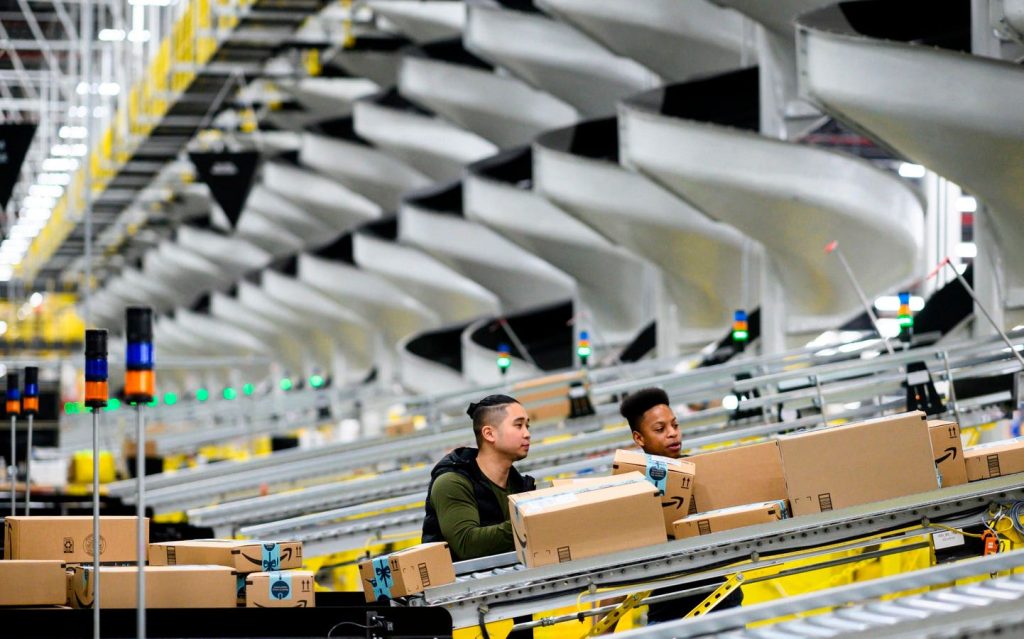The world we live in today is heavily reliant on warehouses and data centers, which are key components in the digital and material worlds. With a growing global demand, these facilities are expanding rapidly, with billions being invested to keep up with the needs of the modern world. However, traditional methods and incremental improvements are no longer sufficient to manage the operations of these facilities in the face of increasing global volatility, complexity, and uncertainty. There is a need for a transformative approach to unlock new levels of efficiency, sustainability, and resiliency.
Generative AI technology is poised to revolutionize the operations of large facilities such as warehouses and data centers. Unlike traditional tools that analyze data, generative AI takes a leap forward by creating entirely new solutions based on a wide range of datasets. By ingesting multiple data sets, including historical inventory data, worker productivity, and warehouse layouts, generative AI can design layouts that minimize travel time, optimize picking routes, and predict potential bottlenecks in advance. This proactive approach has the potential to significantly improve the efficiency and effectiveness of large facilities.
The potential impact of generative AI on warehouses and data centers alone is estimated to be in the $1+ Trillion range by the end of the decade. With warehouses being the lifeblood of modern commerce and data centers powering the digital age, the adoption of generative AI solutions in these facilities is expected to drive significant growth in the operations market. Companies utilizing generative AI in warehouses can expect improvements in inventory accuracy, reduced travel time for workers, and faster order fulfillment, while data centers can benefit from reduced energy consumption, improved server uptime, and increased data center capacity.
Generative AI is not limited to warehouses and data centers; its potential benefits extend to other industries such as manufacturing, retail, and healthcare. By leveraging AI for predictive maintenance, dynamic pricing, and patient flow optimization, these industries can further improve their operations and enhance their competitive edge. Generative AI stands out from other technologies by offering a more dynamic and proactive approach to facility management, incorporating a wider range of data sources for continuous improvement.
Implementing generative AI in large facilities may seem complex, but companies can take manageable steps to start their journey towards digital transformation. By assessing their data infrastructure, partnering with specialized companies in generative AI solutions, and piloting implementations in specific areas, companies can gradually integrate generative AI into their operations. Embracing generative AI now can unlock significant value for large facilities, optimizing operations, reducing costs, and ensuring a competitive edge in the modern world of intelligent, sustainable, and resilient facilities.


